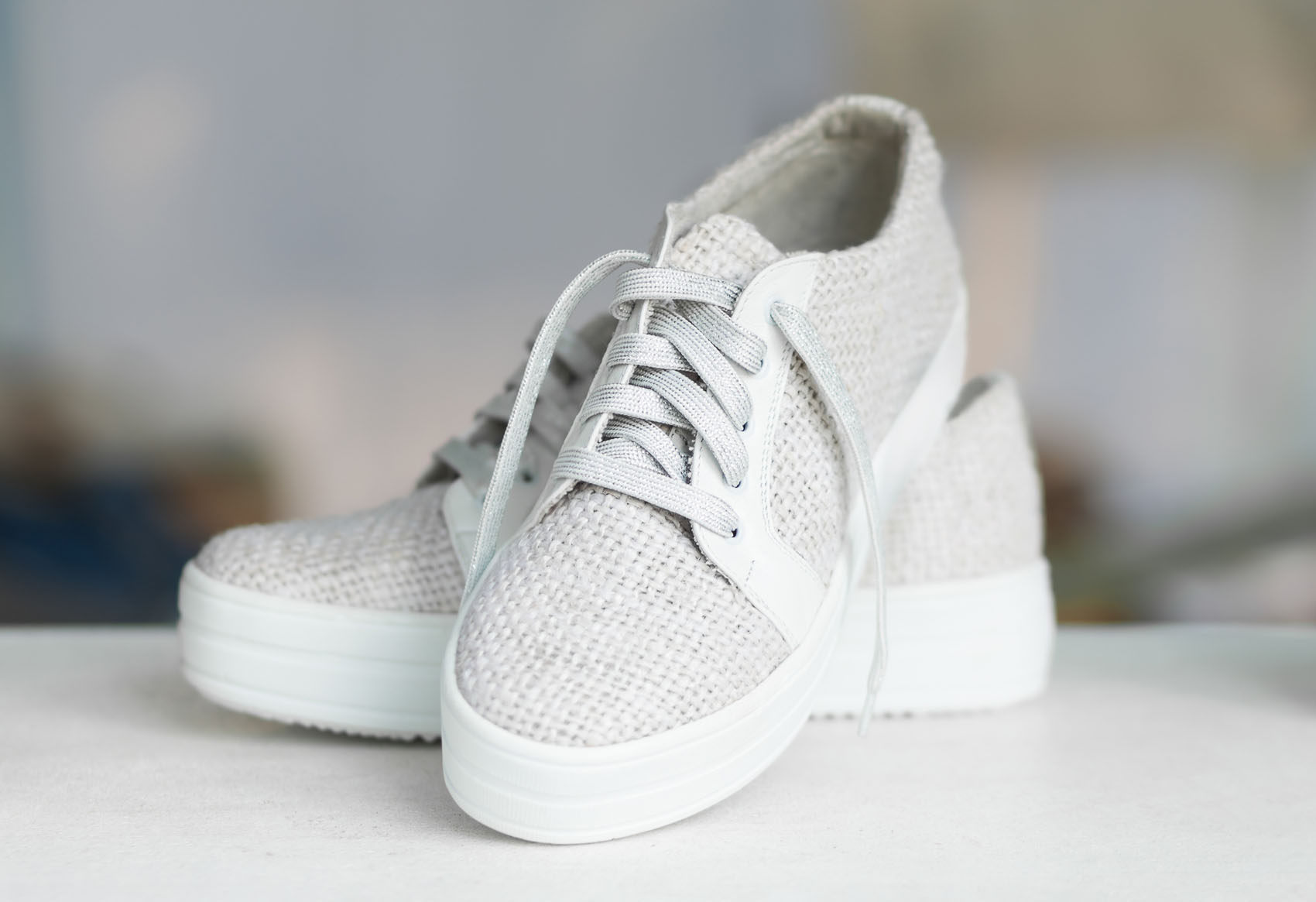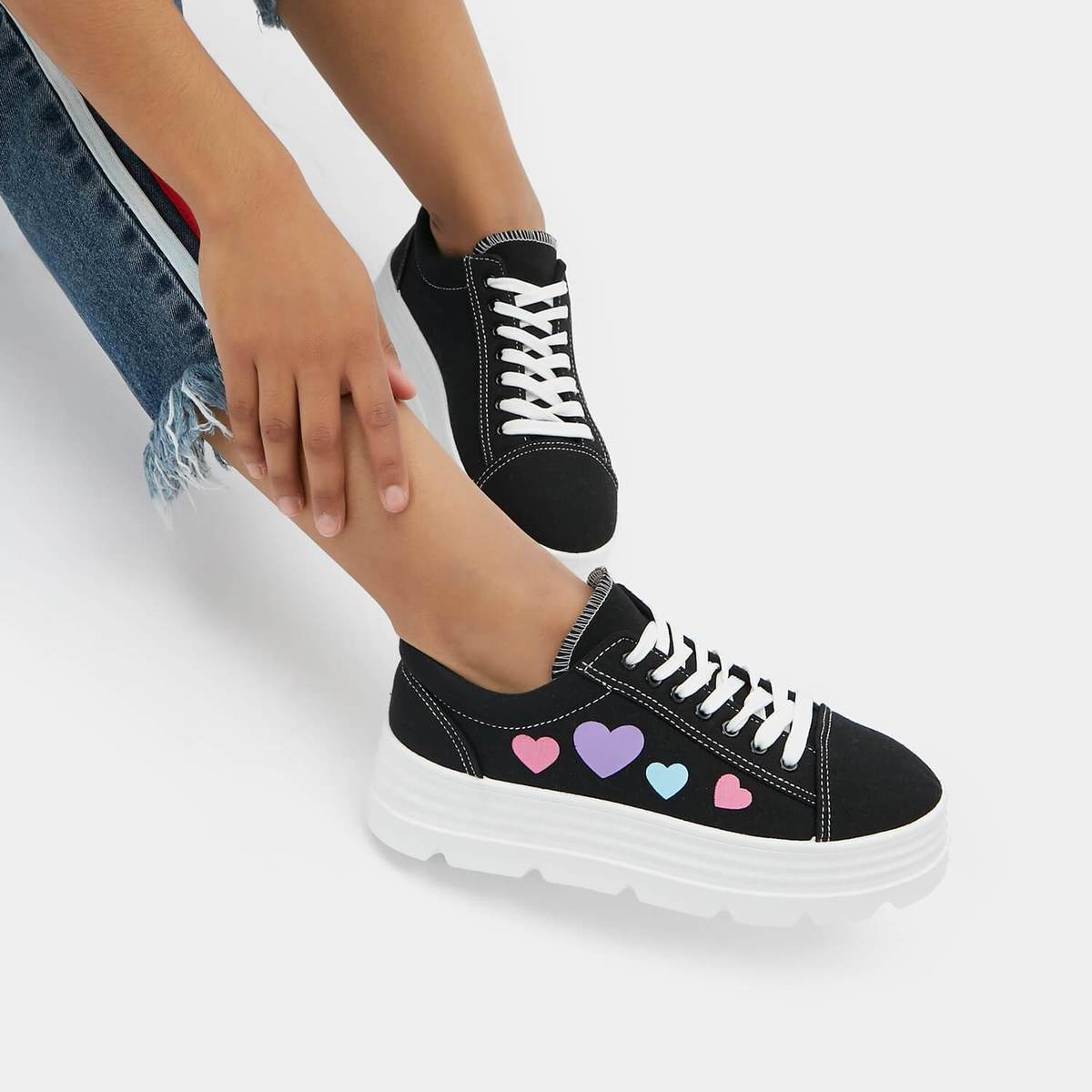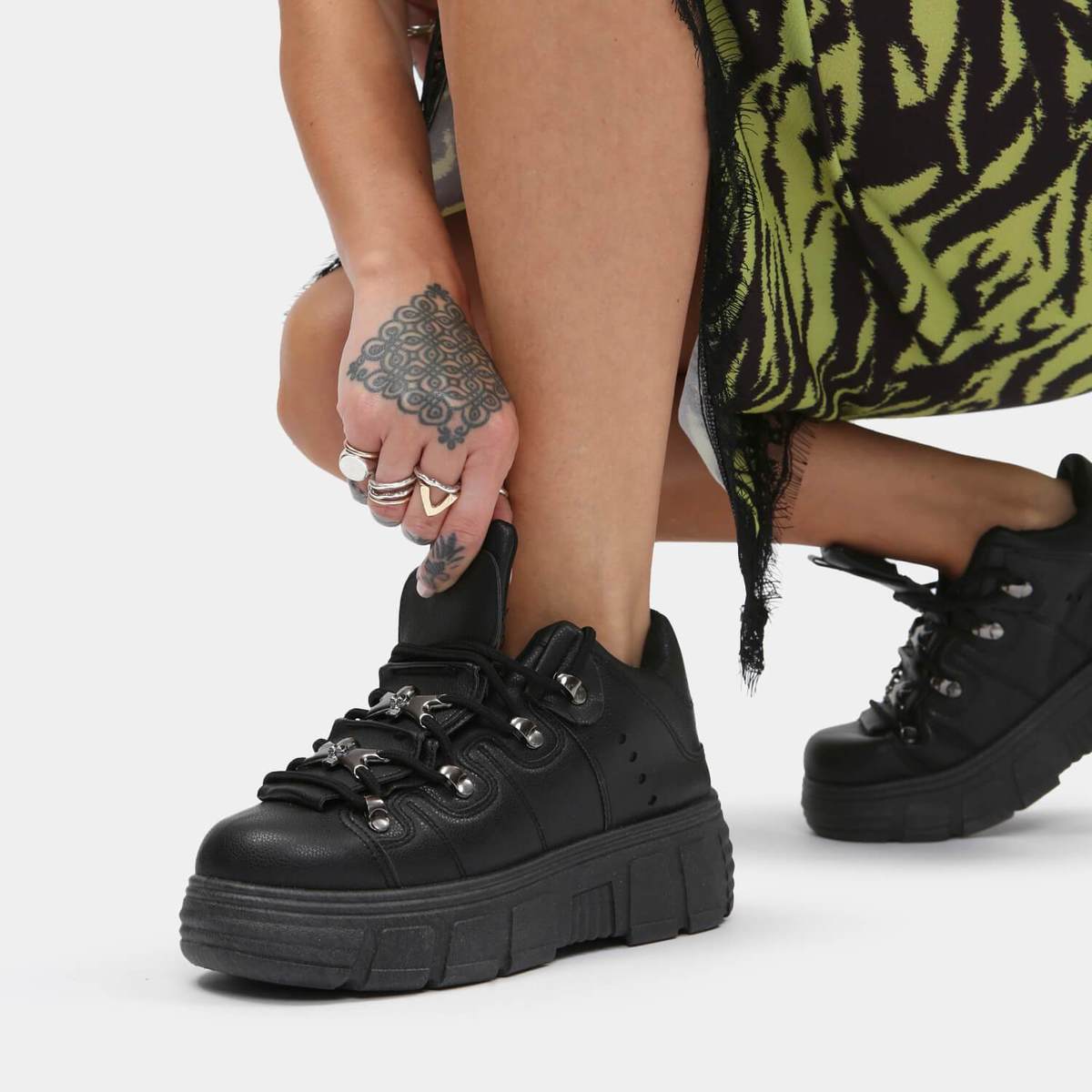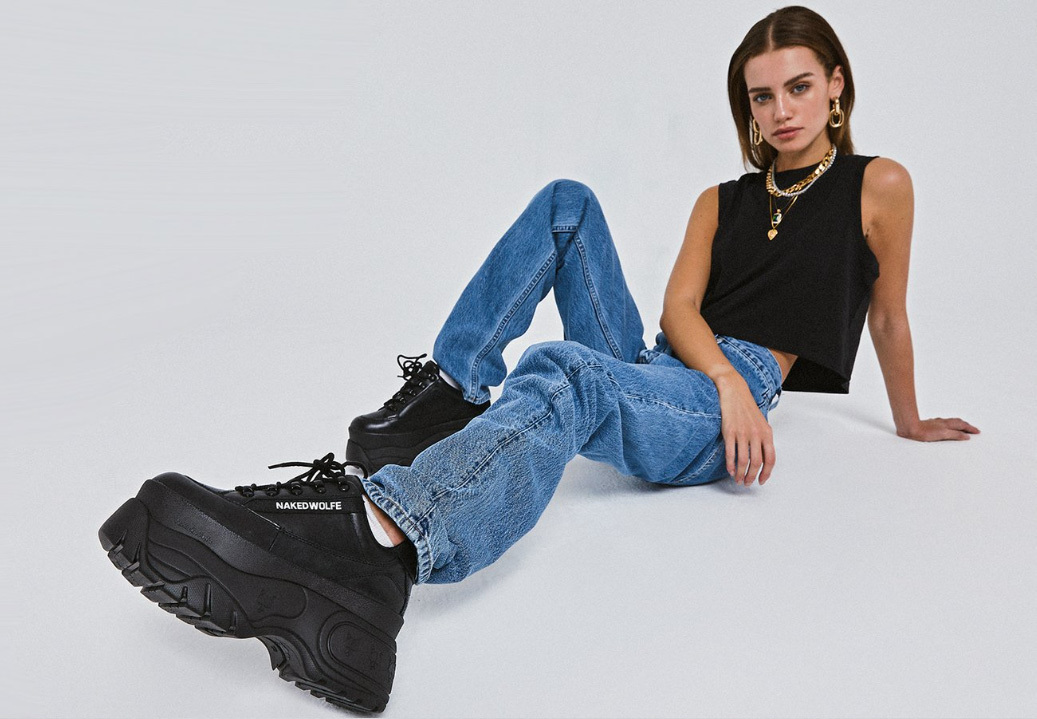
What Are Vegan Sneakers?
By buying eco-friendly and cruelty-free products.
One of the easiest ways to lead an eco-conscious lifestyle is to become a vegan. With several options for everything in the world today, shifting to an eco-friendly lifestyle is really about choosing better alternatives for products that do less harm to the environment.
As more people turn towards a green lifestyle by buying eco-friendly and cruelty-free products, the popularity of vegan shoes is on the rise.
But what are vegan sneakers and are they worth investing in? Read below to find the answers.

What Are Vegan Shoes?
Vegan shoes are made without any animal byproducts and are not tested on animals. Materials like leather, fur, wool, and some glues are not used for making vegan shoes. Vegan shoes are made of synthetic materials like polyurethane, PVC, rubber, and recycled resin soles.
Vegan leather and vegan suede are some of the common materials vegan shoes are made of. Most vegan leather is made from polyurethane while vegan suede is made from synthetic fabric. The insoles for vegan shoes are made of recycled resin soles, an industry standard for vegan shoes.
Some of the commonly used materials for the production of vegan shoes are:
- Microfiber: Microfibers are made of materials like polyurethane, polyamide, and nylon, making the end product very soft and light. With tiny pores and its soft, lightweight texture, microfibers are best used for breathable and light vegan shoes.
- Polyurethane: Polyurethane is a plastic-based material that has been used as a faux leather for a while. Though this petroleum-based material is not very eco-friendly, it’s bio-based version is a greener, more sustainable option. Polyurethane is a durable, breathable, and versatile material that is used commonly in vegan shoes.
- Recycled Rubber: Recycled rubber is being used extensively by brands for making rubber boots and soles for the shoes. One of the key benefits of recycled rubber is that the material is inexpensive, durable, and can help you reduce your carbon footprint. Since waste rubber is being recycled for re-use, choosing vegan shoes made of recycled rubber may be a great way to meet your zero waste goals.
- Cork: Cork is a natural and biodegradable material used for making vegan shoes. Not only is cork organically produced, but it’s also extremely lightweight and breathable. Cork is also fire-resistant and antimicrobial, making it a great alternative to animal hide shoes.
- Hemp: Though hemp has been used for ages to produces clothes, its use in vegan footwear is a more recent development. This plant-based fiber is used by creating it into a breathable, lightweight, durable, and eco-friendly fabric that can be used for shoe production.

Tips for Buying Vegan Sneakers
Switching to vegan shoes is certainly not an uphill task; however, ensuring that you buy a truly vegan pair is more complicated than you may first think. Though it’s easy to identify the outer sole and laces, it’s difficult to make sure that the tag, tongue, inner lining, and the adhesive used are all vegan.
To make sure that the sneakers you buy are 100% vegan, follow these tips while looking for a set of vegan sneakers:
- Check the Label: While buying, check the label to see if your shoes are made from any materials like leather, fur, wool, etc. Vegan shoes made with synthetic materials will have a tag that says 100% synthetic. If the tag mentions other materials without specifying what they are, you can ask for more details before buying.
- Check the Inner Lining and Soles: Though most shoes made of synthetic material are 100% vegan, some of them may have an inner lining made of wool or soles made of leather, so be sure to check them carefully.
- Check the Symbols: Most brands mark the symbols of materials used in their shoes, e.g. leather is represented by an animal hide icon while a woven pattern is used for natural and synthetic materials.

Maintaining Your Vegan Sneakers
Vegan shoes are more durable than their leather counterparts and don’t require high maintenance. However, you still need to take care of them so that they last a long while. Here are a few things you can do for to maintain your shoes:
- Keep them in a clean, damp-free room.
- Keep them away from direct sunlight.
- To clean faux leather shoes, wipe them with a damp cloth.
- Dry clean vegan satin footwear.
- For shoes made with recycled material, you can use a soft brush to remove the dirt marks.

Why Should You Shift To Vegan Sneakers?
Though vegan shoes made of petroleum-based synthetic materials are not exactly eco-friendly, they have a much smaller carbon footprint when compared to leather shoes. Here are a few reasons why you should shift to vegan sneakers:
- Eco-Friendly: Vegan sneakers, even those made from synthetic materials, are comparatively more eco-friendly than animal hide-based shoes. One of the biggest concerns about the leather industry is the exploitation of animals. It’s also one of the top industries when it comes to releasing toxins in the environment and is known for its over-consumption of water.
- No Animal Cruelty: The leather industry is known for animal cruelty practices like the harsh handling of animals, using hides of endangered species, and killing animals cruelly.
- Use of Recycled Materials: Most vegan shoes use recycled materials like plastic. Using recycled material doesn’t only reduce your carbon footprint but the material is also durable, easy to maintain, and inexpensive.
Conclusion
Just like choosing to eat vegan foods is a lifestyle decision, switching to vegan sneakers is a choice that can be easily integrated into your eco-conscious lifestyle. With several options available in the market today, vegan sneakers are on demand. When compared to shoes made from animal hide, vegan sneakers are easy to maintain and more durable. Vegan sneakers are also lightweight, breathable, and recyclable.
A simple decision like opting for vegan sneakers instead of shoes made with animal hide can have a considerable impact on your carbon footprint. Unlike the leather industry that is known for animal cruelty and contributing massively to air, water, and land pollution, vegan shoes are sustainably made.
By choosing vegan sneakers, you will be able to support the environment without compromising on style and comfort.
Next up, 7 Black, Vegan Sneakers You Need In Your Rotation











